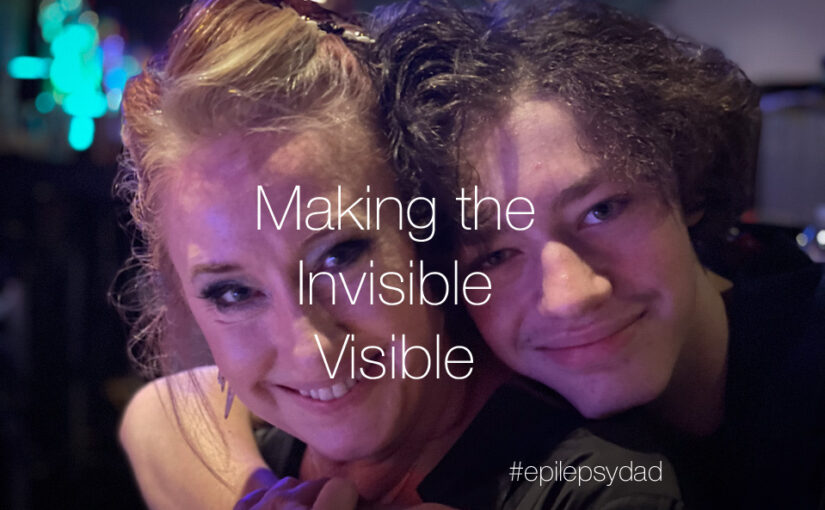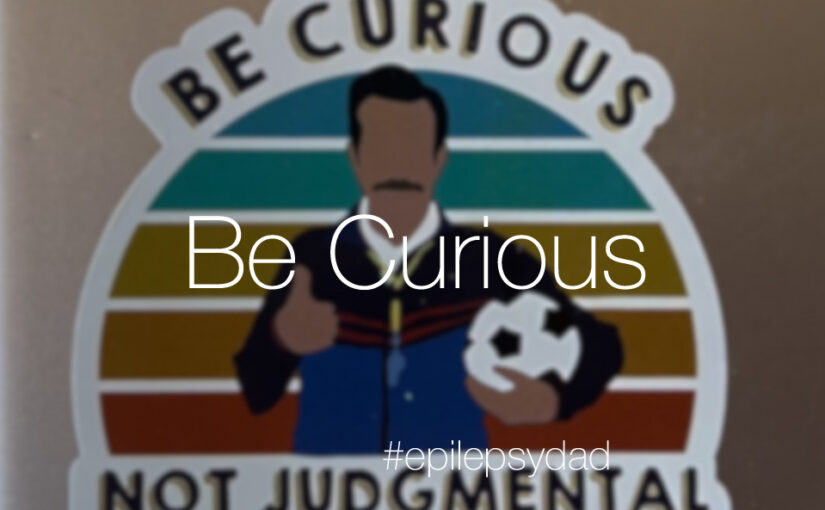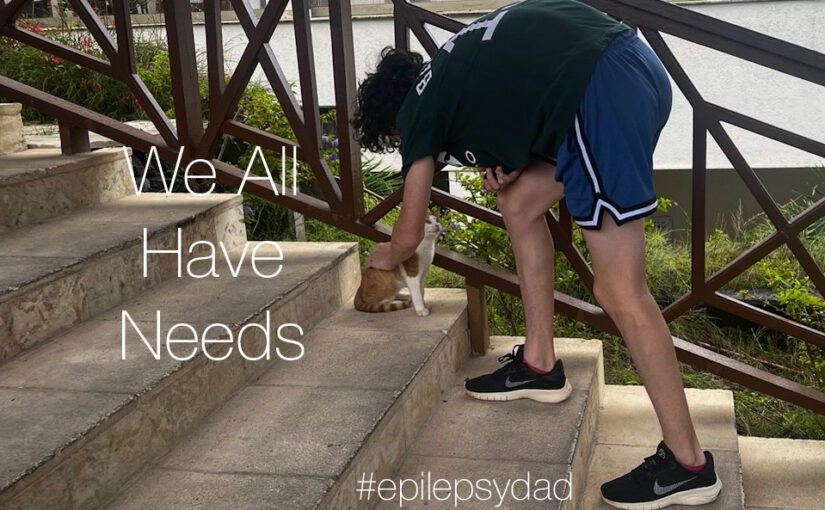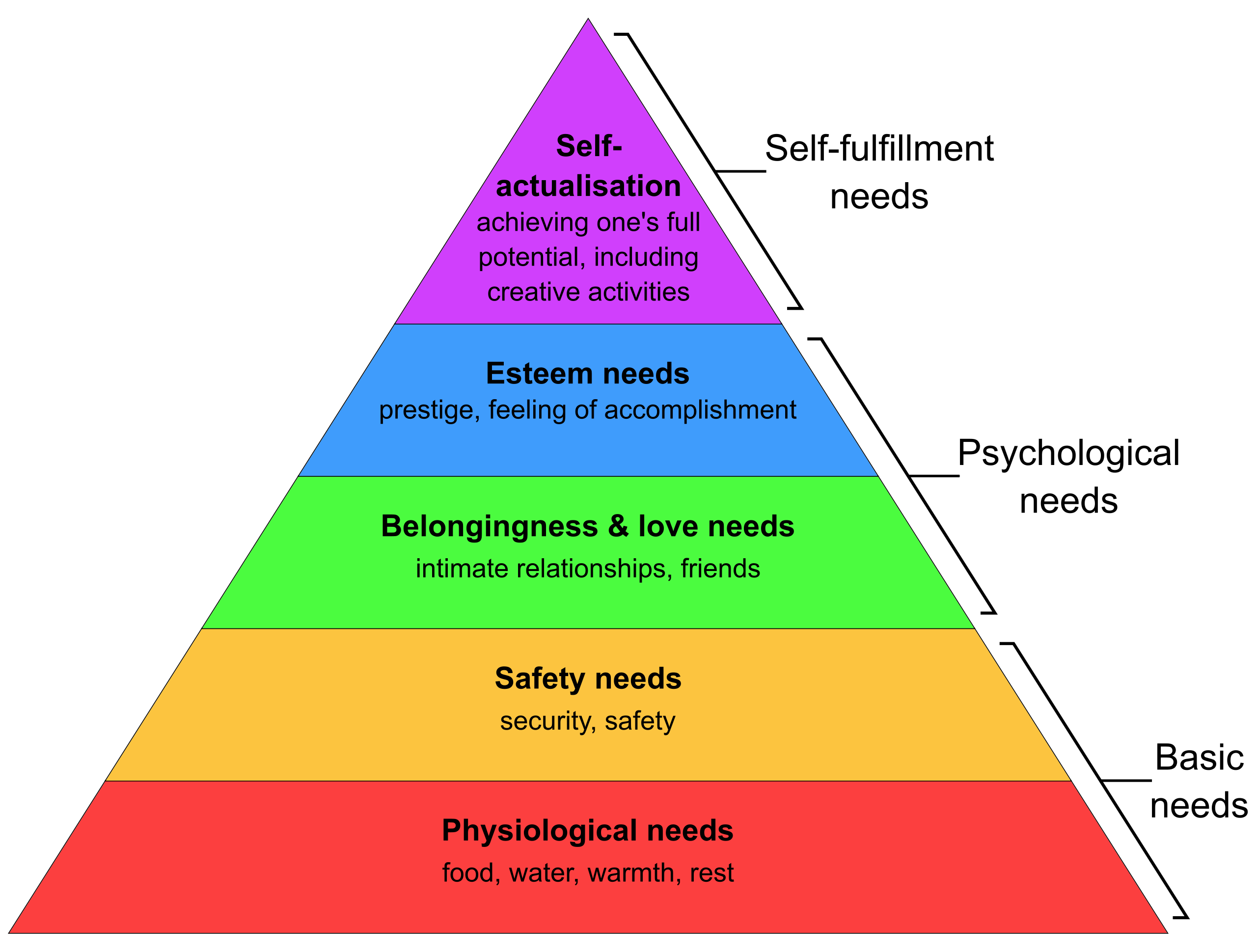One of the challenges of navigating the world as a special needs parent is finding the time to manage caregiving responsibilities while still maintaining a sense of self. In our family, no one knows this more than my wife.
Before we moved to Pennsylvania, my wife ran a successful musical theater school in Colorado. When the opportunity came up to relocate for my job, she was ready to start something somewhere new, so we jumped at the chance. Within six months of moving, however, our son was admitted to the hospital in status where he would spend the next few months.
Even after he was out of the hospital, there were continuing health and behavioral issues, as well as endless appointments. My wife became the primary caregiver so I could go to work, which meant she struggled to find time for herself and had no time to pursue her next opportunity.
Occasionally, my wife would try to start a small music class, but the unpredictability of our son’s condition made it impossible to maintain a routine. Classes became random private lessons, but it wasn’t what we hoped for her when we made the move.
Months became years. As the number of appointments declined, her focus shifted to fighting for the services he needed at school and finding other ways to help him reacclimate to the world. There weren’t fewer things to do as his medical condition stabilized; there were just different things to do.
Epilepsy is sometimes called an “invisible disability” because it doesn’t present external characteristics. Unless you spent time with our son, you wouldn’t know how his condition impacts his thinking, memory, or activities.
The same label extends to my wife and to many caregivers of children like our son. You wouldn’t know by looking at her what she gave up or the emotional and physical challenges she has had to endure caring for our son. She literally kept him alive, fought for his services, found the right doctors, and spoke up when she knew something wasn’t right. She gave of herself to give him the life he had when there were times we weren’t sure he would have a life at all.
I continue to be in awe of her. In addition to what she did for our son, she fights through her own health and emotional issues. In spite of that, she published a children’s book last year (it’s amazing, you should get a copy!) and joined a band (they’re amazing, you should see a show!).
I wanted to time this post for Mother’s Day to make the invisible visible and thank my wife for everything she has done for our son and family. I am also incredibly grateful not only for what she did for our son but for what she has done to help me be a better father, husband, and human.



